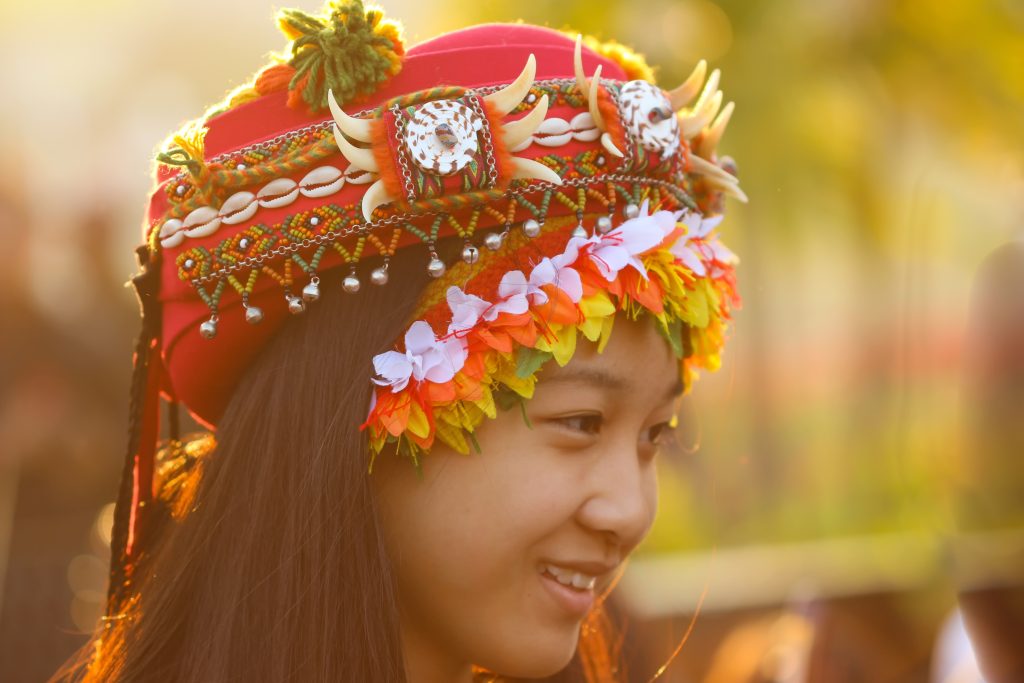The decision you make on what costume to wear to S-Club this Halloween might carry more significance than personal preference or your friends’ opinions.
Dressing up as someone you are not is one thing that makes Halloween fun. It sparks creativity. However, many controversial costumes can make other students and members of the community feel uncomfortable.
In September, photos from the early 2000s of Prime Minister Trudeau appearing in blackface and brownface were released to Time magazine sparking mass public interest. Trudeau said at the time he did not recognize this as a racist act, a perspective he has since changed.
“It is something that people who live with the kind of discrimination that far too many do because of the color of their skin, or their history, or their origins, or their language, or their religion, face on a regular basis. And I didn’t see that from the layers of privilege that I have,” he said in response to the photographs.
In an article posted by CTV, some Halloween stores in Ottawa were having to turn people away asking for racist Trudeau costumes.
In Sarah Wood’s article “Halloween, a Season for Racist Costumes,” she interviewed Dr. Katrina Caldwell, vice chancellor for diversity and community engagement at the University of Mississippi.
Caldwell told Wood that there can be a feeling of unwelcomeness, as people are unaware whether the student sitting next to them “might harbor some of the sentiments that most folks feel like are foundation to those types of images or that type of activity.”
The history of racist costumes begins in film and theatre, where white actors would paint their skin to portray racial stereotypes on screen or on stage, as people of colour were barred from performing.
The issue of racial Halloween Costumes comes from cultural appropriation. Cambridge English Dictionary defines the term as “the act of taking or using things from a culture that is not your own, especially without showing that you understand or respect this culture.”
When it comes to racial Halloween costumes, they are not limited to more overt measures, such as face paint, but includes all other forms of traditional dress or stereotypes.
There is a lot of debate over these types of costumes when it comes to children. What if their child wants to dress up as their favourite superhero, Black Panther, or their favourite Disney Princess, Moana? As these children are portraying characters and not whole cultures, and as long as the children aren’t painting their skin to be another skin colour, some people are fine with it.
When it comes to Halloween and avoiding mistepping or offending, it is best to avoid any costume that can stem on cultural appropriation. There are plenty of other things you can be for Halloween other than Trudeau in blackface.




